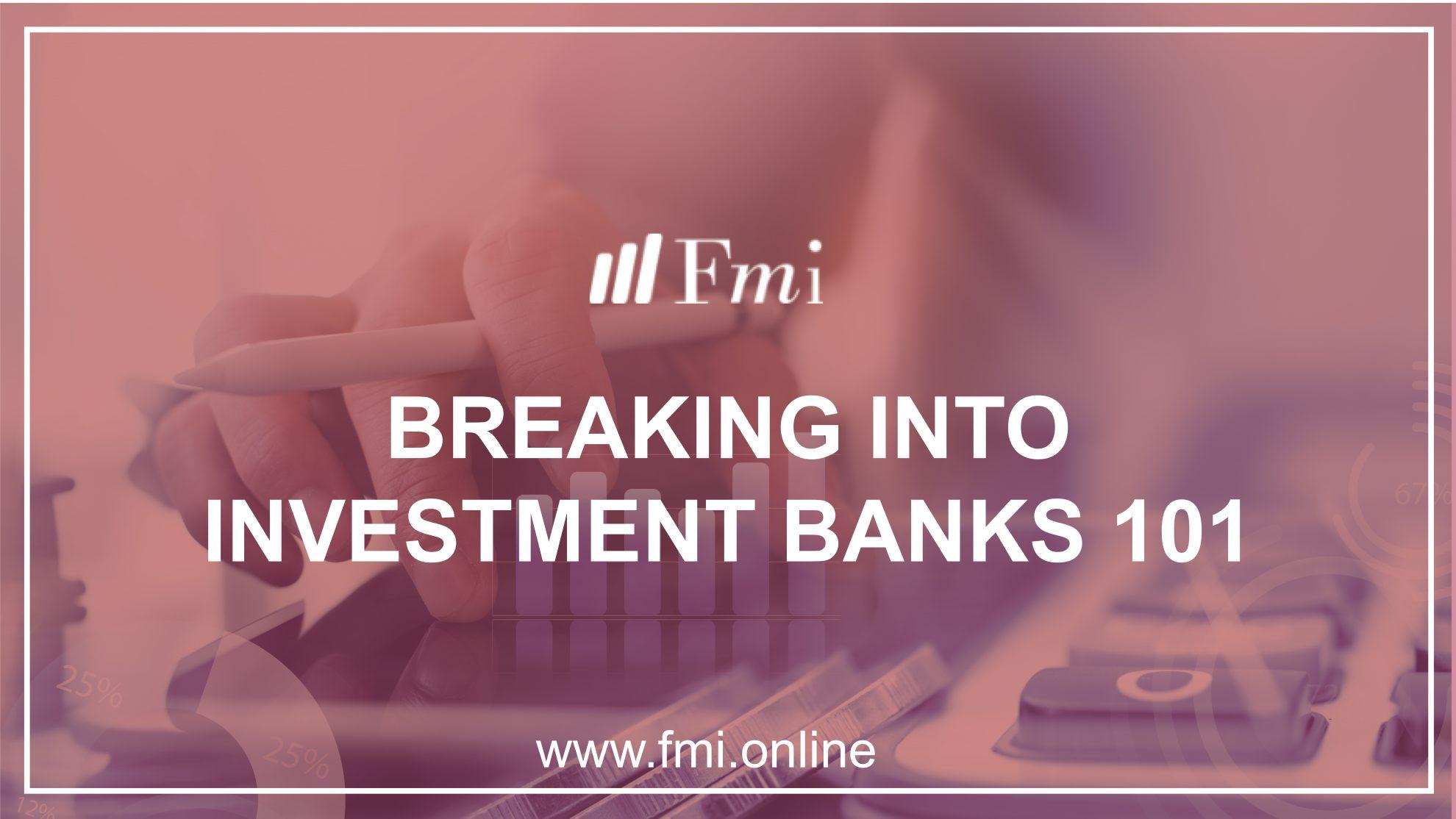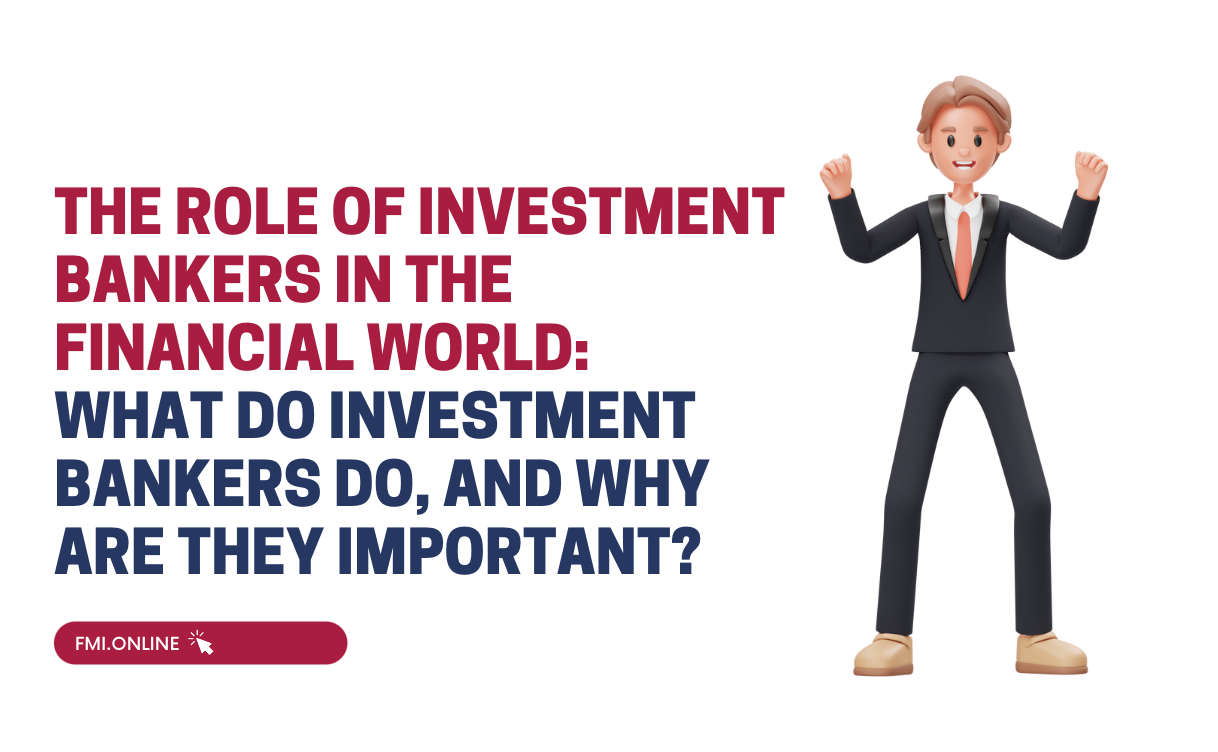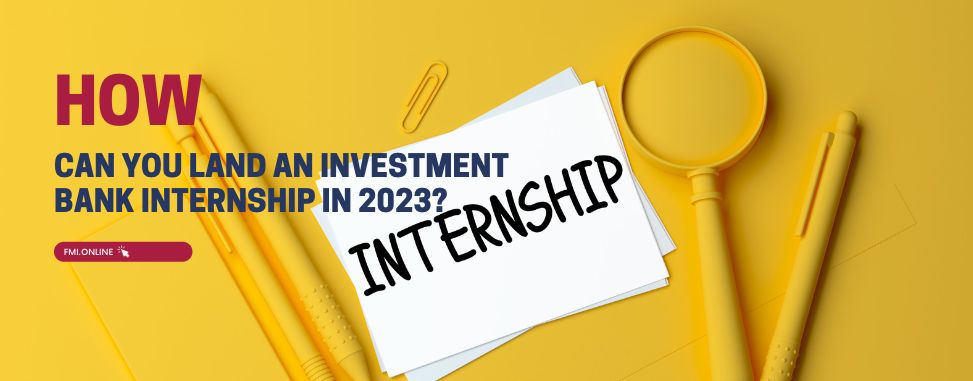Investment banks are one of the most competitive places to break into in the world. Getting into Goldman Sachs is even harder than getting into an Elite University: the acceptance rate is only 4%, compared to 5.2% at Harvard University and around 20% at Cambridge.
However, with determination and the right skills you’ll be able to break into the field and jump-start your career. Here are some key steps you’ll have to follow:
STEP 1: CREATE A BANKER FRIENDLY RESUME
According to research, it takes 6 seconds for recruiters to slide through a resume before they select or reject a resume. So take your time to build a resume that will help you stand out in the crowd.
Ensure that you answer this question in your resume – “Why are you the best person for a position in investment banking?”
Your resume needs to be tailor made for bankers. Here are some tips to follow:
- Double check spelling and grammar. Grammatical errors and spelling mistakes will end your part in the process with 100% certainty.
- Get at least one other person to thoroughly proofread it.
- Use a professional font like Times New Roman, Arial, etc. and nothing too fancy.
- Ensure your CV is not too long (no more than two pages and even 1 page if you are in the US) and use bullet points to make your CV easy to scan.
- Your CV is there to advertise and promote what you have achieved personally. It’s not there to describe the achievements of team’s you’ve been a part of. Mention your personal and not your team achievements.
- Highlight any scholarships, awards, or academic prizes – banks like to know you are a hard worker.
- Highlight any investment banking related experience very prominently. Focus on highlighting transferrable skills and anything in your career that might align with your application.
- If you don’t have relevant work experience, add extracurriculars that involve relevant skills like financial modelling, investing, case competitions, etc.
- And, whatever you do, do not bluff!
Use our Free IB Resume Template (insert link)
STEP 2: NETWORK, NETWORK, NETWORK
A lot of people say they want to get into investment banking but don’t put in the effort for it. Don’t just go through LinkedIn or Indeed and click a bunch of random job applications.
When you apply online, you’re only being defined by one piece of paper. And that’s why you need to network. It will help you make connections that will benefit you in the long run.
Tips to network:
- Find the right people to network with in the field of Finance. This could be your family friend or an Alumni.
- Network with senior employees using e-mail and have a dedicated, professional e-mail to use when you reach out to these people.
- Keep your message/e-mail short and sweet. People working in Investment Banking, Asset Management etc. are busy so it’s necessary to value their time as well.
- Never ever blatantly ask for an internship or a job. This would only reduce your chance of receiving help from them. So get on a phone call or a meeting, and focus on them first.
- Never attach your resume in an email while networking with someone, unless they ask you for it.
- While networking, be sure that you don’t keep talking. Instead, be a good listener. If you ask good questions, they’ll be all the more interested to answer them, which makes them feel good and like you better.
- Always remember to say thank you, for taking their time to talk to you. And then, ask them if all is well with their job.
- Some questions that you can ask the person during a conversation :
– What’s one of the best deals you’ve ever worked on?
– Who are some of the most interesting people you’ve met on the job?
– What type of training did you need for this position?
– If you had to give one piece of advice for a college freshman, what would it be?
STEP 3: UNDERSTAND THE RECRUITMENT PROCESS
The recruitment process varies slightly between institutions but for graduate jobs, it consists of these stages:
1. Initial aptitude testing: Banks have always been big on psychometric tests. Our advice? Simply practice, practice and practice. You can look up free samples of these tests online.
2. Video Interview (marked by AI, not a real person): While recording these, make sure to look straight at the webcam and don’t forget to mention the company’s name. Talk about its competitors and work culture as well.
3. Phone interview (with a real person): Do a huge amount of research on the company, its clients, etc. Have a real conversation with the person and don’t try to look desperate for a job.
4. Assessment center (with other candidates): You engage in group work, presentations etc. This can be overwhelming for some, but if you are prepared and get along well with others, you will find it enjoyable.
5. Final interview: Don’t think of it as an uphill battle where you need to actively convince someone. Think of it as a conversation you’re having with someone you’d be working with. Tell your stories, relate to them and be confident!
STEP 4: PREPARE FOR YOUR INTERVIEW BEFORE YOUR ‘SUPER DAY’
You can’t leave interviews to luck or expect to “handle it” on the day. Most bankers ask tough questions and expect perfect answers.
Learn everything you need to know and even more, practice mock interviews and read everything financial related you can get your hands on.
Tips to ace your interviews:
1. Know about the company
- Go through highlights of its history and founding.
- Know how it fares against competitors, and what distinguishes it amongst the others.
2. Know yourself
- Know your resume backwards, forwards, in, out, upside down, right side up. Don’t even dare to stumble on this part.
- Figure out something unique for the following:
– Why do you want to work for this company?
– Why do you want to be in investment banking? - Know your strengths and weaknesses. Try to come up with good answers for where you want to be in a year, 5 years, 10 years, 20 years.
3. Study
- Start getting in the habit of reading financial news—Wall Street Journal and Financial Times are great places to start.
- Know the basic macro-economic theories. Learn the financial statements, how they connect, and how X changes when Y changes.
- Read and practice brain teasers and analytical questions.
Add link to IB interview questions
STEP 5: MASTER TECHNICAL SKILLS
The good news is that you don’t need to be an expert in technical skills from Day 1. Everything you need will be taught or learnt on the job. But you should know the basics and essentials.
However, exhibiting these skills will always give you an added advantage:
- Financial Statement Analysis – Try to be knowledgeable in vertical analysis, horizontal analysis, ratio analysis, ROCE, etc.
- Become awesome in Excel – Investment Banking Analysts spend hours on Excel working on financial models, valuations, making pitch books, and financial statement analysis. Make sure to become an Excel Jedi over time.
STEP 6: ACADEMICS
Getting a college degree from a top school, with a major in finance, economics, or business related is preferable at an Investment Bank.
Moreover, you could have all the Extra curriculars in the world but no bank will be interested if you miss the cut off. So you need to have a GPA minimum of 3.3 and in some banks, above 3.5.
And then, try to become an expert in investment banking. Make it a habit to read the Wall Street Journal at least once a week, the Vault Guide to Investment Banking and browse a handful of banking blogs, especially this one. (insert link to blogs)
But most of all, don’t forget the basics. Wikepedia is always there to help you!
STEP 7: INTERNSHIPS
Any internship in finance will help, even if it’s not in the investment banking department, especially from a brand name company.
But you’ll have to beef up your resume so you can write about what you achieved and put yourself in a good position to impress.
These experiences will make you stand out only if you describe them meaningfully in your resume, so make sure you learn as much as possible in whatever internship you join.
So now, you got an internship? Perfect. If not, offer to work for free. Seek out unpaid internships if you must. Most bulge bracket banks will still think it’s precious!
Finally, strategize your action plan. Work out what you are going to ‘do’ now, tomorrow and throughout your internship period to break into an investment bank.
There’s no need to resort to complicated GANT charts but get your plan sorted sooner rather than later. Internships can be a great gateway to get into Investment Banks!
THE BOTTOM LINE
The above steps are not a formula for landing a prestigious position, but a guideline of sorts to help you break into Investment Banking. Opportunity only knocks on the door of those who are prepared, and preparation takes hard work. Best of luck!












 60+ hours
60+ hours 9 courses
9 courses



